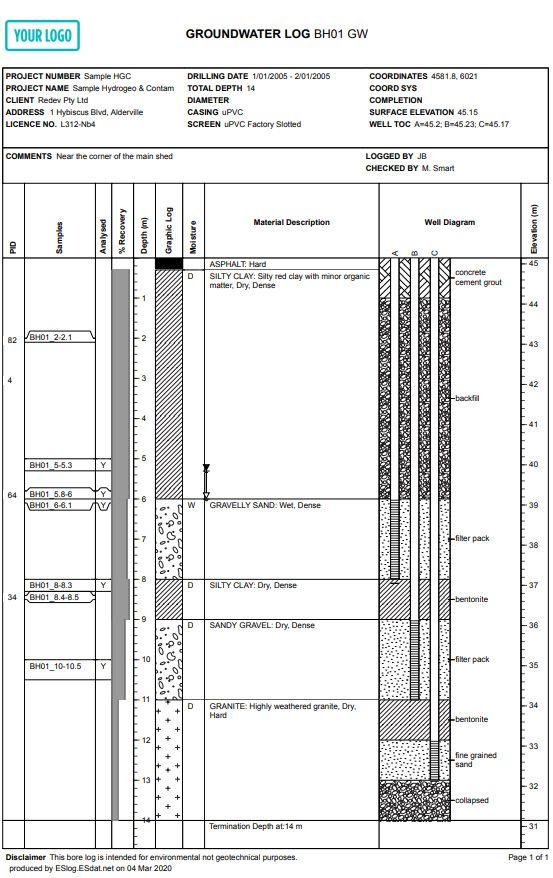Using Environmental Data Management in Groundwater Contamination
ESdat environmental data management software has been used to manage and report on large datasets generated from an investigation of groundwater contamination on an industrial facility in Adelaide.ESdat was used to manage site data and maintain conceptual model and time…

